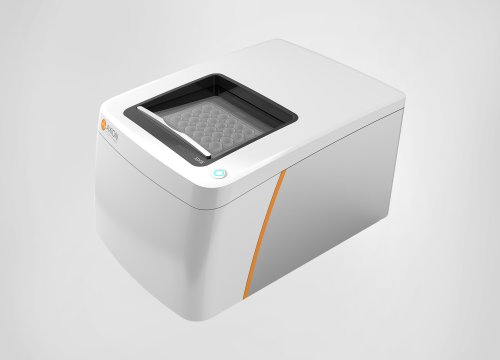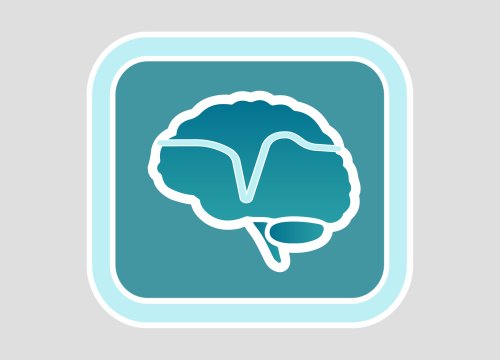Cheyenne Hurst, Derian A. Pugh, Measho H. Abreha, Duc M. Duong, Eric B. Dammer, David A. Bennett, Jeremy H. Herskowitz, and Nicholas T. Seyfried
Molecular & Cellular Proteomics; 28 March 2023
The presence of amyloid-beta plaques (Aβ42) and neurofibrillary tangles in the brain are considered hallmarks of Alzheimer’s disease (AD), but post-mortem examinations in individuals enrolled in a longitudinal cohort-based study reveal that about one-third of cases exhibiting AD-associated disease pathologies at autopsy reported little to no cognitive impairment during their lifetimes. In this study, scientists use a multiplatform approach to investigate resilience-associated pathways in asymptomatic or preclinical Alzheimer’s disease and explore therapeutic targets.
After identifying higher levels of neuritin (NRN1)—a neurotrophic factor previously associated with resilience and synaptic function—in resilient patient tissue, the scientists used Axion’s noninvasive, label-free Maestro multielectrode array (MEA) platform to observe the neuroprotective effects of NRN1 on Aβ42-induced neuronal hyperexcitability in real time. Overall, the authors assert that further study of NRN1 is warranted and suggest that a strategy beginning with “human observational studies and works backward to pinpoint potential mechanisms and therapeutic targets for investigation” may be more likely to lead to successful clinical interventions for disease like Alzheimer’s.


